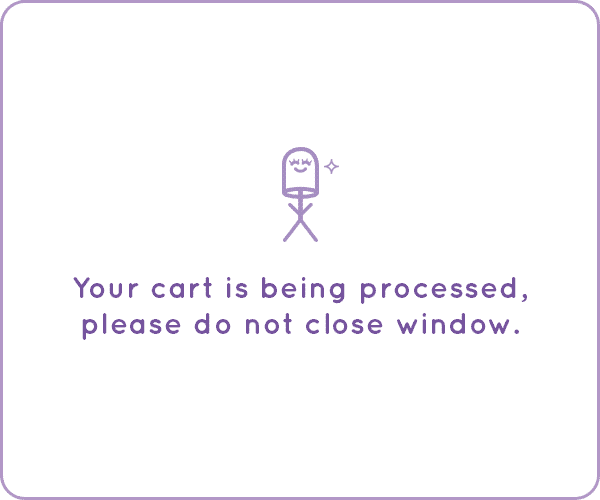Anxiety & Depression
Where does mental illness come from?
Recent psilocybin trials using fMRIs (functional magnetic resonance imaging), shows sporadic cortical activity when under the influence. In layman’s terms, very random cognitive brain activity. Ego, perceptions and assumptions are reduced, empathy is enhanced and emotions and memories come in. This research has given way to a new brain model: the brain is a prediction machine which is modeled by its environment which works to shape our behavior and assumptions that help steady the experience of unpredictability. Our genetics directly influence our vulnerability to adversity. With this model, it is now theorized that mental illness arises from experiences directly shaping how we develop and respond to adversity. If you are interested in learning more, check out Dr. Robin Carhart-Harris’ REBUS and Anarchic Brain model.
What is the relationship between psilocybin and depression?
While it is complex, those who are medicated for depression are often on selective serotonin reuptake inhibitors (SSRIs). When depressed, you are deficient in serotonin functioning. While there is significant evidence showing that medication combined with evidence-based psychotherapies (i.e., cognitive behavior therapy) can treat depression successfully over either treatment alone. Treatment resistant depression is real, chronic, and debilitating. Currently, the pharmacological model relating to mental illness only explains part of the mental health picture. There have been little neurochemical advancements relating to curing mental health issues, particularly depression. Psilocybin offers an alternative way to get your brain processing in a more effective way.
What is the relationship between serotonin and psilocybin?
Serotonin is a neuromodulator involved in perception, cognition (i.e., learning, memory), reward, brain development, mood, and many physiological processes. It has many receptors. Serotonin contributes to feelings of happiness and well-being. Psilocybin, as a serotonergic psychedelic, possesses agonist properties to a particular receptor called 5-HT2A (this is what gives you the psychedelic experience). Also, this receptor is actively signaling when the brain is in processes of neuroplasticity. Neuroplasticity is when neural networks (such as the ones serotonin is involved in) change through brain reorganization and growth. 5-HT2A is present when the brain undergoes different types of neuroplasticity, such as neurodevelopment, neurogenesis, being conditioned to stimulus over time, learning, cognitive flexibility, and when you are environmentally sensitive. Psilocybin causes neuroplasticity. For those experiencing depression, psilocybin offers another way to open up different data processing, reducing depressive symptomatology such as rumination, low mood, etc.


